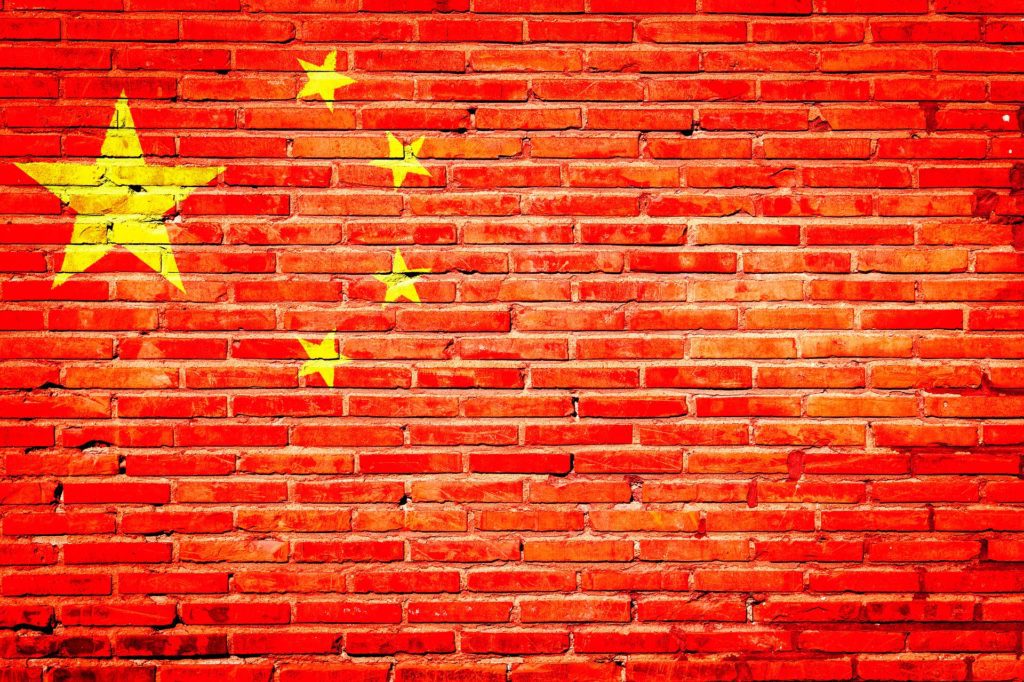China was a major topic in 2021 when it released two Canadian men who had been detained there for over 1,000 days. This led to talk of whether China’s ban on Canadian canola seed shipments could soon end.
On Sept. 24, 2021, an agreement was reached which brought the extradition case against Huawei Chief Financial Officer Meng Wanzhou to a close and allowed Michael Kovrig and Michael Spavor, who had been detained in China, to return to Canada.
The Canola Council of Canada congratulated the Government of Canada and Canadian diplomats for resolving a major issue impacting Canada-China relations and hope it leads to an environment to resolve the outstanding canola trade issue, said Canola Council President Jim Everson.
“I’m cautiously hopeful. Anything that de-escalates political tension between the two countries and creates an environment where more engagement can take place on issues like the canola ban is helpful in finding a solution on trade,” says Everson.
“More engagement is a good thing. We need more opportunities to engage with China on a range of issues. Our goal is to have a predictable trade environment with China, where all Canadians are treated equally.”
Since market access issues affecting canola seed trade started in early March 2019, the licenses of two companies, Richardson and Viterra, to export canola seed to China remain suspended. Other exporters are seeing some purchases of canola seed, with exports down between 50 and 70 per cent compared to pre-blockage levels, notes the Canola Council of Canada on its website.
Seed exports to China have fallen from $2.8 billion in 2018 before the restrictions, to $800 million in 2019 and $1.4 billion in 2020, according to the council.
Despite the political tensions, China’s growing seed industry is catching the eye of global players. In a neck and neck battle, China’s seed companies are investing in technology like never before.
With nearly 1.4 billion mouths to feed and an ever-expanding middle and upper-middle class, China is sprinting to grow domestic ag production. Growers and producers in the country are seeking more efficient weight gain in livestock and higher yielding grain crops.
As more of the population rises above the poverty level, livestock production and therefore feed grain production, needs to rise to meet demand.
The Chinese government has expressed a vested interest creating a better seed supply to bolster food security.
“Seeds are the source of agricultural production, and China has made significant progress in developing its seed industry in recent years,” said Chinese Vice Premier Hu Chunhua Aug. 27, 2021, to Xinhua Official News. He also noted that the development of the foundation of the seed industry isn’t solid and is an urgent focus.
The country and its officials seek to accelerate the creation and cultivation of key crops for better production overall. They’re also looking to “nurture a batch of modern, competitive seed companies” to increase the supply of improved seed varieties, Chunhua added.
“China doesn’t want to rely on foreign GM seed, that would be a big change to look for [going into the future],” said Andrea Durkin, founding of Sparkplug LLC, in a U.S. National Press Foundation webinar. “They’re looking to consolidate and buy assets from international consolidation.”
There’s evidence of this action already. In February 2016, State-owned ChemChina bought Swiss-owned Syngenta for $43 billion. With this acquisition came the hope the company’s long-established research capabilities and processes would slingshot the new owners into China’s seed game in a big way.
Five years later, ChemChina and Chinese farmers have yet to realize the full potential of the Syngenta acquisition.
Canada may be able to capitalize on the innovations coming out of China, of which there appear to be many. Syngenta CEO Erik Fyrwald was recently quoted by Fortune magazine noting that “some 75 per cent of the world’s patents in agricultural gene editing are coming out of China” and “China is not only a player in the field but has become a clear leader in this area.”
In its third quarter results announced in October 2021, Syngenta Group China announced it had delivered strong growth across all segments. MAP sales tripled to $1.5 billion in the first nine months by helping farmers improve soil health, reduce greenhouse gas emissions and improve the quality and value of their crops, the company said.
Syngenta Seeds sales grew 25 per cent to $2.8 billion in the first nine months of 2021. Syngenta’s field crop sales in China tripled due to the consolidation and growth of China’s Winall Hi-tech Seed, which develops watermelon, melon, wheat, pumpkin and vegetable seeds.
The key to Canada making the most of trading with China, says Carlo Dade who follows Canada-China trade for the Canada West Foundation, is for Canada to figure out what it wants out of its relationship with China. And then go after it despite what our American neighbours might say.
“We have to separate the aspirational elements of what people want out of trade from the reality of trade. Certainly, with agriculture, China is our second-largest agricultural market. It’s roughly 13 per cent of our agricultural trade and has been increasing at a faster rate,” says Dade.
“Canadians tell pollsters that they want less trade with China, yet in the next instant they turn around and open their wallets to China, telling them they want more trade. Canadian consumers and businesses have been doing this while China was holding Canadians hostage. If the reality is that citizens, consumers and businesses are going to increase trade with China, then we had better manage it well.”
—with files from Sonja Begemann
This story is the second instalment in our Top 10 Stories of 2021. For more on this topic visit:
China’s Race for Better-Performing Seed
We Open our Wallets to China all the Time. So why are we so Conflicted About Trading with Them?











